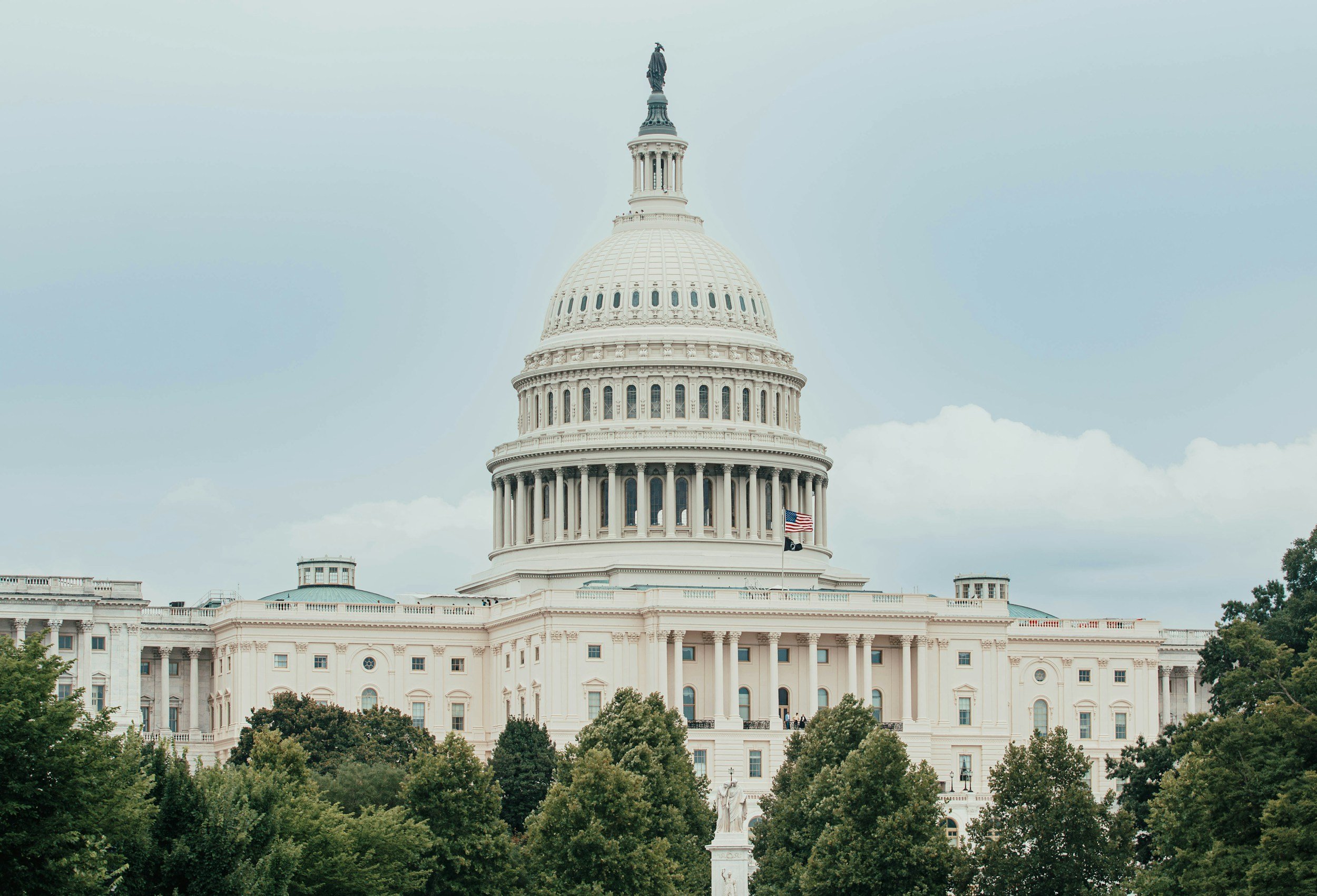
RIGHT TO REPAIR LEGISLATION
Protecting ownership, sustainability, and consumer freedom.
Working Together to Make Repair-Friendly Public Policy
Ownership shouldn’t end when something breaks. The Right to Repair movement is restoring consumer freedom, fair competition, and environmental responsibility. All fifty U.S. states have considered Right to Repair laws—each aiming to give consumers and independent shops equal access to parts, tools, and repair information.
“84% of Americans support Right to Repair laws.”
Where Repair Legislation Is Moving
Explore active and pending repair laws across all 50 states. Hover to see current status, or click for bill summaries and action links.
$330
Repair Saves Money
Households save an average of $330 annually by repairing instead of replacing.
Why It Matters
84%
Repair Is Popular
84% of Americans support laws requiring fair access to repair.
∞
Repair Saves The Planet
Repair reduces e-waste and carbon emissions from new manufacturing.
Resources for Legislators & Policy Staff
We provide template legislation, technical guidance, and legislative briefings to help states adopt strong repair laws.
What Right to Repair Laws Cover
Much like insurance programs, Right to Repair laws can differ by jurisdiction but often encompass the following key aspects
-
The right for consumers and independent repair shops to access the same diagnostic and repair tools that are available to the original manufacturer.
-
Ensuring that consumers can purchase genuine replacement parts at fair market prices, either directly from the manufacturer or through third-party vendors.
-
Granting the ability to bypass software locks that prevent repairs, as long as it doesn't infringe upon proprietary software or intellectual property rights.
-
Providing comprehensive repair manuals, schematics, and other documentation to facilitate effective repairs.
-
Protection against voiding warranties or other retaliatory measures from manufacturers when consumers or independent shops perform repairs.
-
Addressing the role of unfair and deceptive contracts like EULAs that are non-negotiable and alter the intent of the purchase. The legislative focus is on combating the abusive nature of these contracts rather than the technology itself.
-
Understanding that certain industries or product categories, like motor vehicles, may be exempt due to existing agreements or laws. These exemptions can inadvertently create repair monopolies and should be carefully considered.
-
Utilizing the power of the state Attorney General for law enforcement and issuing fines as incentives for state-led compliance. Alternative enforcement mechanisms can also be considered.
The Repair Association continues to advocate for robust legislative frameworks at both state and federal levels, as complementary state and federal laws address distinct repair barriers—whether by requiring access to repair resources at the state level or removing federal DRM limitations. This dual approach is necessary, and we actively support efforts on both fronts.
Comparing the 2025 and 2026
Digital Right to Repair Templates
As Right to Repair laws move from theory into real-world enforcement, legislative language continues to evolve to address emerging barriers and close implementation gaps. Here’s how the 2026 Right to Repair legislative template builds on the 2025 version, strengthening consumer protections and clarifying access to repair.
Parts Pairing
The 2026 template reinforces and expands the 2025 prohibition on parts pairing by clarifying that manufacturers may not use software-based restrictions to limit access to parts or tools, or to control who is permitted to perform repairs. This ensures that component replacement—down to the board level—cannot be undermined through software locks or access restrictions.
Documentation and Tools
While the 2025 template strengthened access to comprehensive repair documentation, the 2026 version further clarifies tool access by expanding the definition of “tools” to include software, data files, activation mechanisms, and security credentials required to complete a repair. For devices protected by digital locks, the 2026 template also requires that repair tools be offline-capable, ensuring repairs are not blocked by unnecessary connectivity or authorization barriers.
Enforcement
Like the 2025 version, the 2026 template continues to rely on enforcement by the state Attorney General under existing unfair or deceptive practices statutes, ensuring that meaningful remedies remain available when manufacturers fail to comply.
Exclusions and Applicability
While the 2025 template included a detailed list of excluded product categories, the 2026 template adopts a more streamlined approach, identifying motor vehicles as a recommended exclusion while allowing states to address additional categories as appropriate. Applicability remains consistent, covering digital electronic equipment first manufactured and sold on or after July 1, 2015.
Software Updates
Both versions recognize the central role of embedded software in modern repairs. The 2026 template builds on this foundation by explicitly including software updates that address manufacturing defects and security vulnerabilities, affirming that these updates are an essential part of enabling safe, functional repair.
Fair and Reasonable Terms
The 2026 template preserves the strong fair-and-reasonable access standards established in 2025 and adds clarity by prohibiting manufacturers from conditioning parts access on the provision of serial numbers or proof of ownership beyond a standard purchase order. This prevents administrative hurdles from being used to restrict legitimate repair.
Security
The 2026 template maintains clear protections for security and anti-theft measures, reaffirming that manufacturers are not required to provide materials that would override owner-controlled security features without authorization. At the same time, it clarifies that authorized repair access must remain practical and effective, even for secured devices.
Effective Date
As with prior versions, the 2026 Right to Repair Act takes effect six months after becoming law, providing manufacturers, repair providers, and consumers time to prepare for compliance.
Abbreviated Federal Timeline:
Right to Repair in the United States
Repair Rights Around the World
Our legislation and advocacy efforts focus on the United States, however, the movement is promoted throughout the world. Here is a map of countries that currently have a repair rights movement.
Further Reading
Government / Legal
Copyright Office: Embedded Software Study
More McFlurrys: US Copyright Office allows McDonald's to fix broken ice cream machines
FTC Letters of Support: New York, Oregon, Minnesota, California, Colorado
Help Strengthen Repair Rights Nationwide
Join The Repair Association or donate to support our advocacy work in every state.
